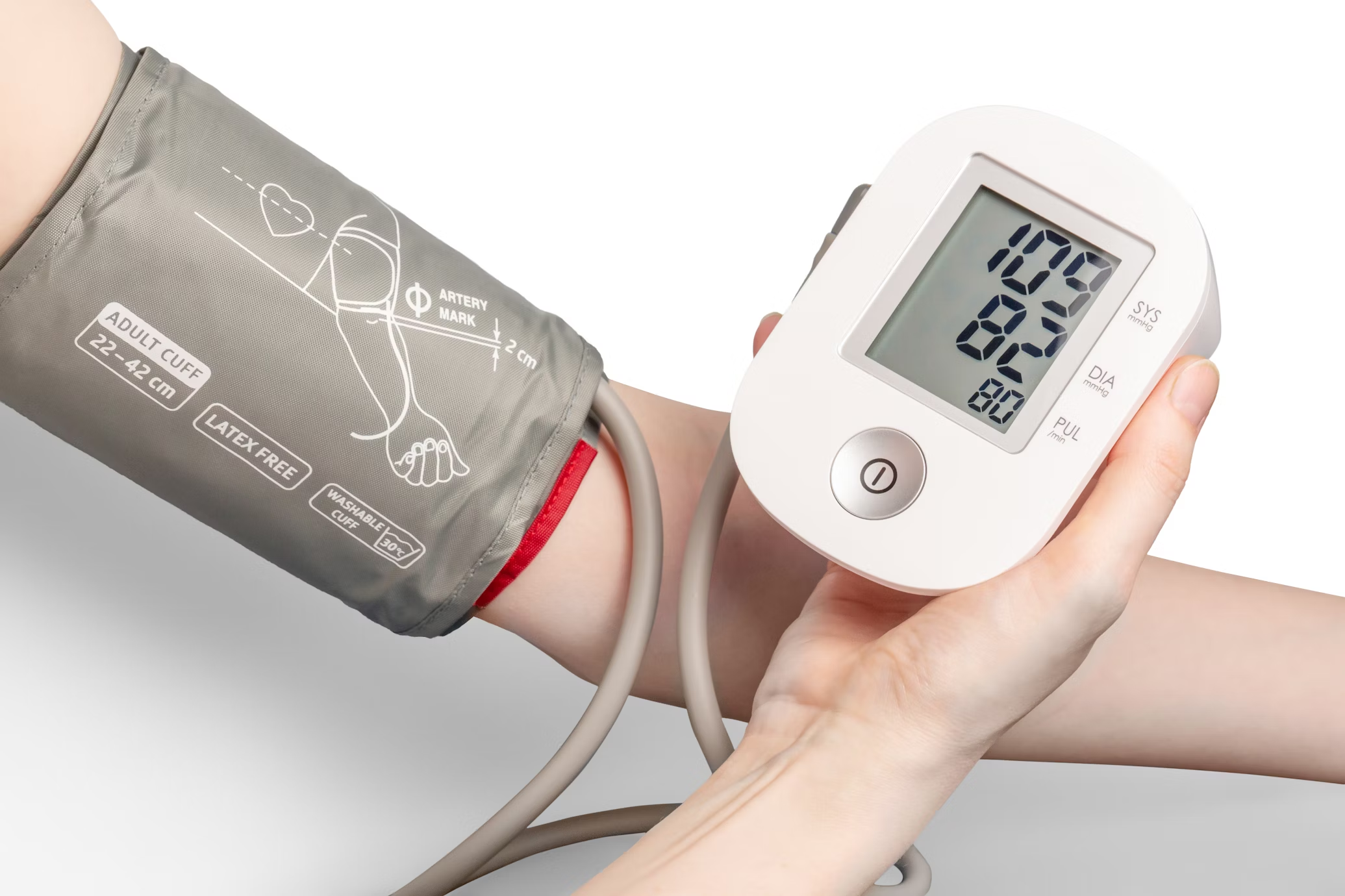The ABC of Vascular Dementia: Essential Information for Everyone

The second most common type of dementia (Alzheimer’s Disease is the most common) is vascular dementia. It is characterised by a decline in cognition due to an impaired blood supply to the brain. The brain cells are deprived of oxygen and nutrients when the fragile vessels that carry blood to the brain are damaged, whether by a stroke, atherosclerosis or another condition.
Symptoms of Early Vascular Dementia
Individuals can experience vascular dementia in a variety of ways. For example some may notice a gradual decline over time, which is often the result of small strokes that have accumulated. Symptoms include difficulty planning, slowing of the thought process, and concentration problems. These symptoms can progress to memory and mobility problems as the condition advances.
Emotional Impact on Family Dynamics
The emotional impact of this illness can be severe. Not only do you have to deal with physical symptoms, but also the psychological and emotional effects. Families are often forced to adjust to a new normal, which is both difficult and distressing.
Treatment Options and Lifestyle Changes
But it’s still not all bad news. Modern medicine has made great strides in treating this condition. The treatment focuses on slowing down the progression of the condition and addressing the underlying causes such as diabetes or high blood pressure. To manage vascular dementia, lifestyle changes are also important. These include adopting a healthy diet, increasing your physical activity and quitting smoking.
Early Diagnosis is Important
Early diagnosis of vascular dementia can improve quality of life. Consult your doctor if you or someone else you know shows signs of cognitive impairment such as memory loss or difficulty with critical thinking. Early intervention is often able to slow down the progression of cognitive impairment and maintain independence for longer periods.
Daily Management and Support Strategy
It can be beneficial to incorporate management strategies into your daily routine. Simple adjustments such as creating a daily routine, setting reminders for medication, and changing the living environment can improve living conditions and promote independent living.
Social Support: What Is It?
Support from others is also important. Support groups and interacting with people who are facing similar issues can offer not only practical advice but also emotional support. Sharing experiences and coping techniques can be extremely empowering for many.
The Power of Prevention and a Healthy Lifestyle
As we gain a better understanding of vascular degeneration, our focus shifts to preventive measures. According to research, managing risk factors such as high blood pressure and obesity may reduce the likelihood of developing vascular dementia later in life. This is a powerful reminder about the importance of prevention and taking care of your overall health at a young age.
Conclusion
While vascular dementia presents significant challenges, it is not without hope. Individuals with vascular dementia can lead fulfilling lives if they receive the proper care, follow management strategies and have community support.